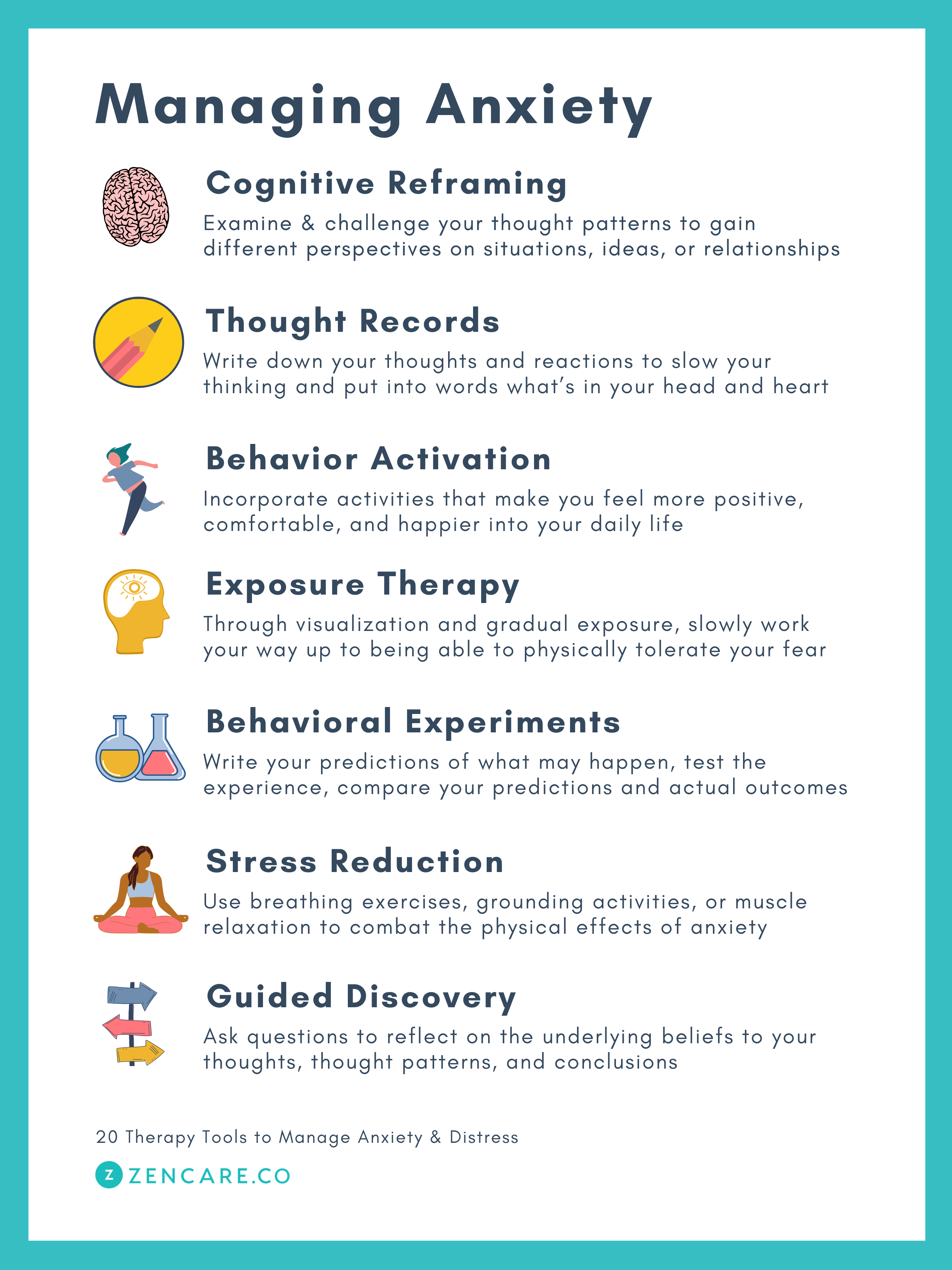Anxiety can feel scary. It makes your heart race. Sometimes, you might feel shaky. But don’t worry. There are ways to manage anxiety. Let’s learn about them.
What is Anxiety?
Anxiety is a feeling. It’s normal to feel it sometimes. Maybe before a test or a big game. But too much anxiety isn’t good. It can make you feel sick.
Deep Breathing
Deep breathing is simple. It helps calm your mind. When you feel anxious, try this. Sit down or lie back. Close your eyes. Breathe in slowly through your nose. Count to four while you breathe in. Hold your breath for four counts. Then, breathe out slowly through your mouth. Again, count to four. Do this four times.
Exercise Regularly
Exercise is good for your body. It’s also good for your mind. Running, walking, or playing can help. It makes your body release happy chemicals. These chemicals make you feel good. Try to exercise every day. Even a little bit helps.
Eat Healthy Foods
Food can affect your mood. Eating good food helps you feel better. Eat lots of fruits and vegetables. Drink water instead of soda. Avoid too much sugar. It can make you feel jittery.
Get Enough Sleep
Sleep is important. It helps your body rest. When you sleep well, you feel better. Try to sleep the same time every night. Turn off screens one hour before bed. A dark, quiet room helps too.
Talk to Someone
Talking helps. Share your feelings with someone you trust. This can be a friend or a family member. Sometimes, just saying how you feel makes it better.
Make a Worry Box
A worry box is fun. Write your worries on paper. Put them in a box. Close the box. You can open it later if you want. But sometimes, it feels good to lock worries away.
Listen to Music
Music can change your mood. Listen to songs you like. Happy songs make you smile. Calm songs help you relax. Find your favorite tunes.
Practice Mindfulness
Mindfulness means paying attention. Focus on now, not the past or future. Sit quietly. Notice your breath. Feel your feet on the ground. Listen to sounds around you. Mindfulness can help you feel calm.


Draw or Color
Drawing is fun. It also helps you relax. Grab some paper and colors. Draw what you feel. You don’t have to be an artist. Just enjoy the process.
Keep a Journal
Writing helps you understand feelings. Start a journal. Write what happened today. Write how you felt. Reading it later can help you see patterns.
Make a Routine
Routines help you feel safe. Try to do the same things every day. Wake up, eat, and sleep at the same time. A routine can make life feel less scary.
Spend Time with Pets
Pets are great friends. Spending time with them can make you happy. Play with a dog or cuddle a cat. Animals don’t judge. They love you as you are.
Limit Screen Time
Screens can make anxiety worse. Limit time on phones and computers. Take breaks. Go outside. Play with friends. Real life is more calming than screens.
Challenge Negative Thoughts
Sometimes, we have bad thoughts. These thoughts make anxiety worse. Challenge them. Ask yourself, “Is this true?” or “What’s the worst that can happen?” Often, things aren’t as bad as we think.
Use Positive Self-talk
Talk to yourself like a friend. Use kind words. Instead of saying, “I can’t do this,” try “I will try my best.” Positive words can change how you feel.
Visualize a Calm Place
Close your eyes. Think of a calm place. Maybe a beach or a forest. Imagine the sounds, smells, and sights. This can help you relax when you feel anxious.
Frequently Asked Questions
What Are Common Anxiety Management Techniques?
Simple breathing exercises can help. Meditation and physical activity also reduce anxiety. Journaling your feelings works too.
How Does Exercise Help With Anxiety?
Exercise releases endorphins. This improves mood and reduces stress. Regular activity can decrease anxiety over time.
Can Meditation Reduce Anxiety Symptoms?
Yes, meditation calms the mind. It lowers stress levels and promotes relaxation. Practice daily for best results.
Why Is Journaling Effective For Anxiety?
Journaling organizes thoughts. It helps identify anxiety triggers. Writing can provide emotional release and clarity.
Conclusion
Anxiety is tough, but you can manage it. Try these techniques. Find what works for you. Remember, it’s okay to ask for help. You are not alone.

